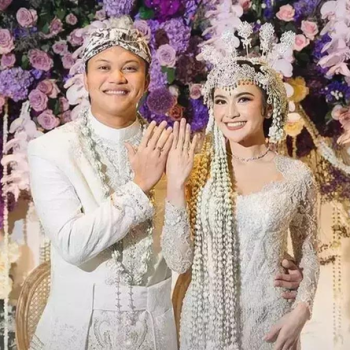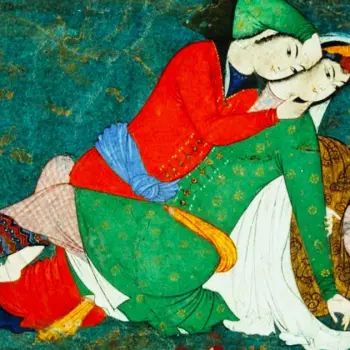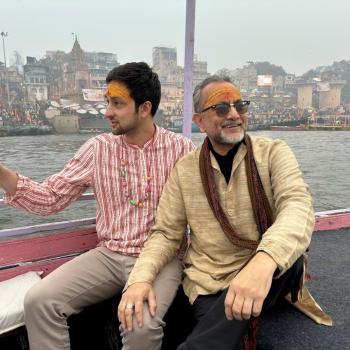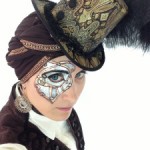I recently had the opportunity to see Zehra Fazal preform her musically-inclined comedy show titled “Headscarf and the Angry Bitch” at the Hollywood Fringe Festival. Her one-woman show centers on a fictional character named Zed Headscarf who tours around mosques, giving lectures in order to educate congregants about Islam through her folk songs.

Her “lecture series” opened with a discussion of the most basic of topics, with Fazal defining for the audience key words such as halal and haram and key concepts such as the oneness of God or the five pillars of Islam. As the show continued, more sensitive subjects such as having a hyphenated identity, terrorism and virginity were discussed. Each subject was approached from an intimate, albeit tongue-in-cheek, perspective which seemed to be, in part, drawn from Fazal’s own experiences as an American-Muslim woman of South-East Asian descent.
Despite the largely non-Muslim audience she draws, Fazal’s comedic flair, as well as her use of explanatory narratives allows her to keep her audience engaged as opposed to alienated. Caucasian men and women of our parents’ generation were all laughing along, demonstrating that Fazal’s comedy was not “lost in translation”. Her animated character and on-stage energy were wonderful and drew the audience in.
To add to the shock factor of her show, Fazal dons the hijab while on stage and satirizes taboo subjects such as oral sex, homosexuality and reproductive health. She also, quite cleverly parodies popular songs such as Lady Gaga’s “Bad Romance,” adding her own witty lyrics, charming guitar playing skills and fierce voice.
One aspect of the show that I found to be distasteful, however, was Fazal’s emphasis on sex. Don’t get me wrong, I am pro-sex myself, however in this venue, in front of a largely non-Muslim audience, Fazal’s emphasis on virginity and Muslim women’s sex drive adds to the “closet freak” stereotype which has often been used to describe Muslim women, especially those who cover.
Specifically, I find her statement that the emphasis on a Muslim woman’s virginity leads to a feeling of “shame” among Muslim women about their bodies to be an oversimplification which leads to a marginalized discussion of other important topics that Fazal herself raised, such as reproductive health within the American- Muslim community.
Despite sometimes falling on both sides of the fine divide, depicting Muslim women at times as fiercely cosmopolitan and at other times as typically marginalized and severely stereotyped, overall Fazal’s show is quite well intended. It amiably drives home the message, “give us [Muslims] a chance”, while educating audiences, in a rather charismatic way, about doctrinal aspects of Islam in order to minimize the gap between Islam and other monotheistic religions.
Simultaneously, her use of personal narratives brings an endearing, human element to otherwise taboo and detached subjects that are, consequently, extremely relevant topics for American-Muslim women. Although unorthodox , Zehra Fazal’s comedic approach is enough to cause a small shift in the grand scheme of things, one that may not necessarily translate to an overtly substantial change, but could amount to some small transformation, like an acquainted smile on the face of a stranger, where there was once a disconcerting frown.
For another viewpoint, check out Sana’s piece on Zehra Fazal here.















